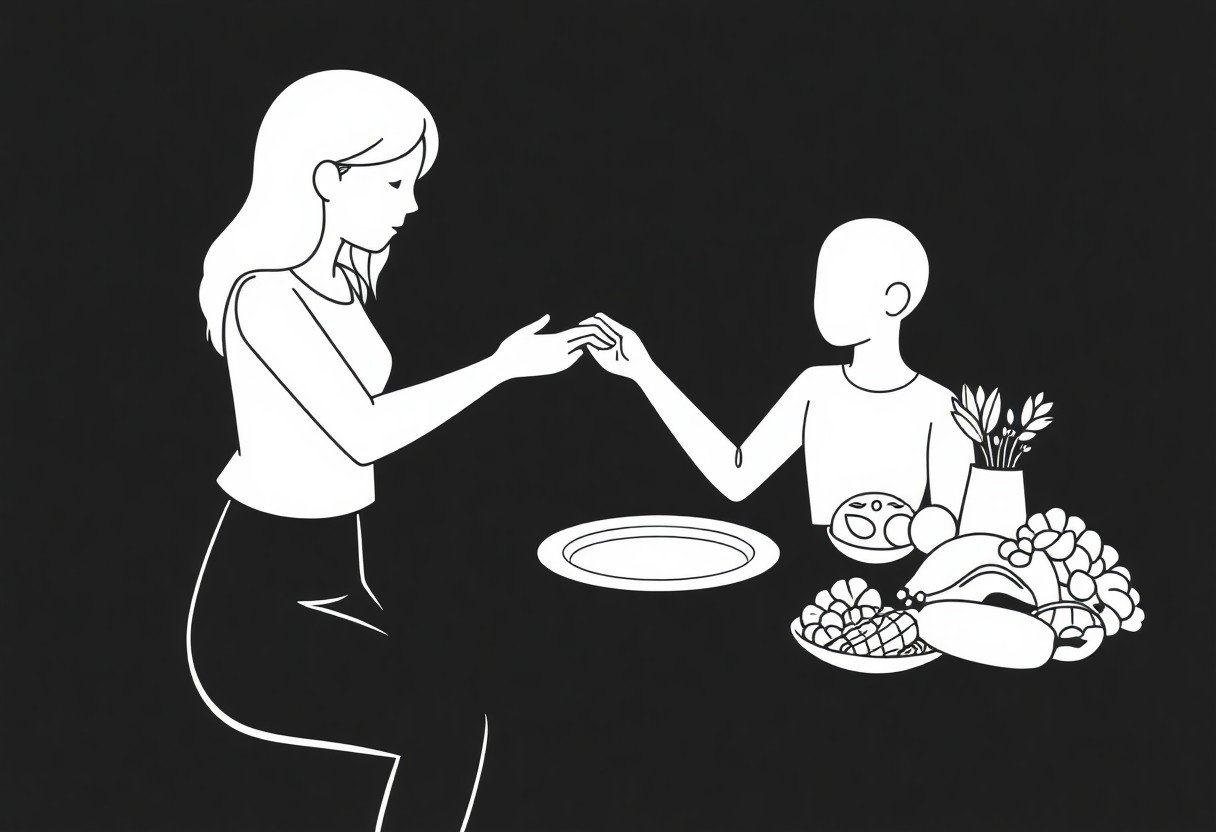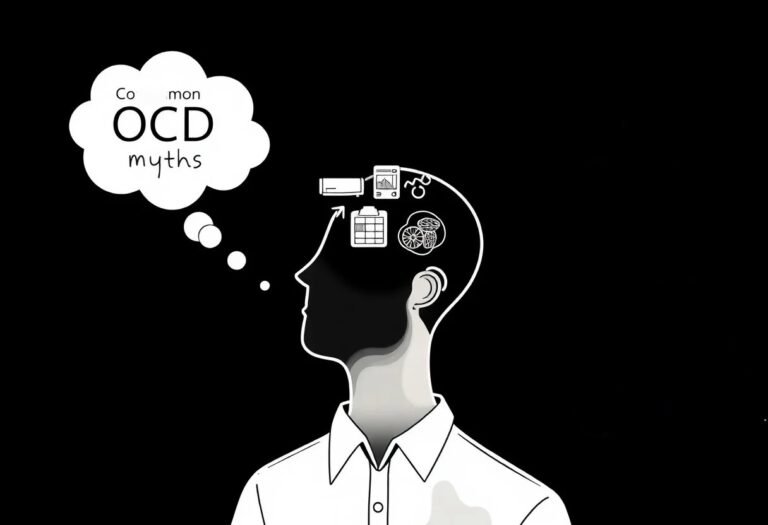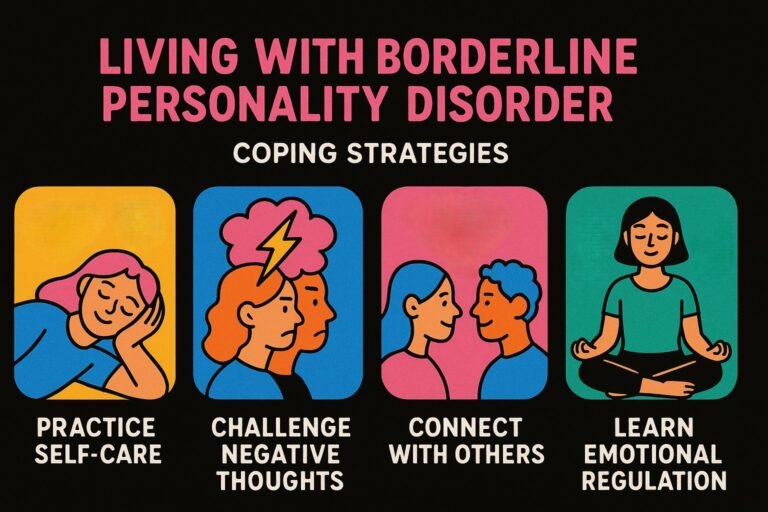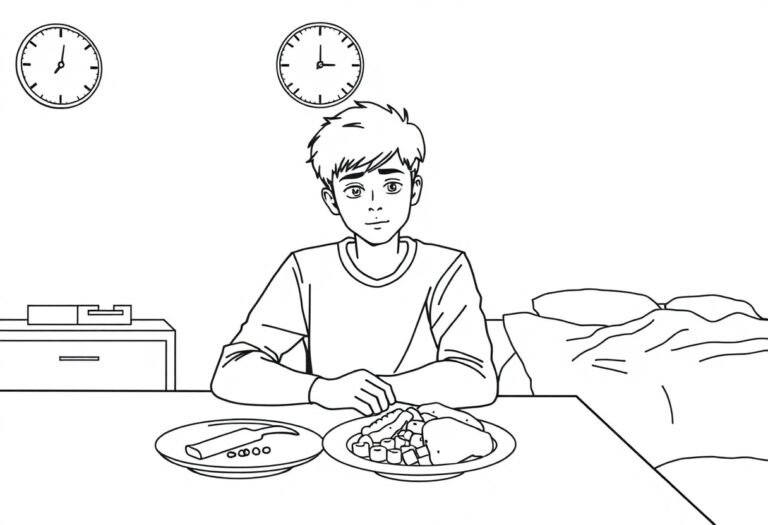Supporting a Loved One with an Eating Disorder
It’s important to understand how to support a loved one grappling with an eating disorder effectively. Such conditions can be complex and challenging, often requiring a sensitive approach that combines empathy and knowledge. You can make a significant difference by encouraging open communication, educating yourself about their specific disorder, and guiding them towards professional help. Additionally, your unwavering support can foster a more positive environment, helping them to navigate their recovery journey with greater hope and resilience.
Key Takeaways:
- Approach the situation with empathy and understanding, recognising the individual’s feelings and experiences.
- Encourage open communication by creating a safe space for your loved one to share their thoughts and concerns.
- Educate yourself about eating disorders to better grasp the complexities and challenges faced by those affected.
- Encourage professional help, such as counselling or therapy, as it is often crucial for recovery.
- Promote healthy coping mechanisms and lifestyle changes while being patient and supportive throughout their journey.
Navigating the Emotional Minefield
Supporting a loved one with an eating disorder involves navigating a complex emotional landscape. You may experience a whirlwind of feelings, from frustration and confusion to guilt and helplessness. These emotions can be exacerbated by your loved one’s behaviours, which may include secrecy, anger, or withdrawal. Recognising that these struggles are often manifestations of deeper issues is vital, as they can cloud your judgement and hinder your ability to provide effective support.
Identifying Your Loved One’s Struggles
Taking the time to observe your loved one’s behaviours, such as unusual eating patterns or preoccupation with weight, can provide insight into their struggles. Being mindful of these signs can help you approach conversations with empathy and understanding, rather than judgment. Open communication is vital; this allows you to create a safe space for your loved one to share their feelings and experiences without fear of repercussion.
Understanding Your Own Emotions
Your emotional responses to your loved one’s eating disorder are as significant as their experiences. It’s common to feel overwhelmed, especially when facing the realities of one’s condition. Fear of losing them or anger at their choices may arise. These reactions can lead to actions that inadvertently push them further away. Acknowledging your feelings and seeking support for yourself, whether through therapy or support groups, can provide the resilience needed to navigate this difficult path.
Engaging in regular self-reflection can be beneficial in managing your emotions. Journaling your thoughts or discussing your feelings with a trusted friend may reveal patterns or triggers that influence your actions. Understanding your emotions is not just about managing stress but also about recognising the depth of your care for your loved one. This self-awareness helps you approach the situation with patience and compassion rather than frustration, ultimately creating a more supportive environment for both you and your loved one.
Building a Supportive Environment
Creating a nurturing atmosphere is pivotal for your loved one’s recovery journey. Fostering an environment that promotes acceptance and understanding can significantly improve their emotional and mental well-being. This may involve reevaluating your home dynamics, minimising triggers, and ensuring meals are shared in a non-pressurising manner. Small adjustments, such as focusing on enjoyable activities together or providing encouragement without judgment, can foster trust and connect you both during these challenging times.
Creating a Safe Space for Dialogue
A safe space for dialogue encourages openness and honesty. Regularly check in with your loved one, ensuring they feel comfortable expressing their thoughts and feelings without fear of judgment. Active listening is vital; acknowledge their concerns and validate their emotions. This supportive environment can gradually inspire them to share their experiences surrounding their eating disorder and seek help when needed.
Establishing Healthy Routines Together
Developing healthy routines together fosters a sense of partnership and accountability. Engaging in shared activities, such as cooking nutritious meals or participating in gentle exercise, reinforces positive behaviours. Establishing a consistent daily routine that includes self-care, relaxation, and social interactions can help maintain stability and resilience in your loved one’s recovery process. Collaborating on meal plans or weekly activities not only unites you as a support system but also encourages a balanced, healthy lifestyle.
Consider integrating specific routines that cater to you both, such as designating a weekly ‘wellness night’ where you try a new recipe, explore a hobby, or indulge in a film together. Such rituals not only break the monotony but also cultivate a supportive environment where healthy behaviours can flourish. Studies indicate that social support increases the likelihood of recovery from eating disorders, so building these routines together solidifies your bond while promoting positive habits.
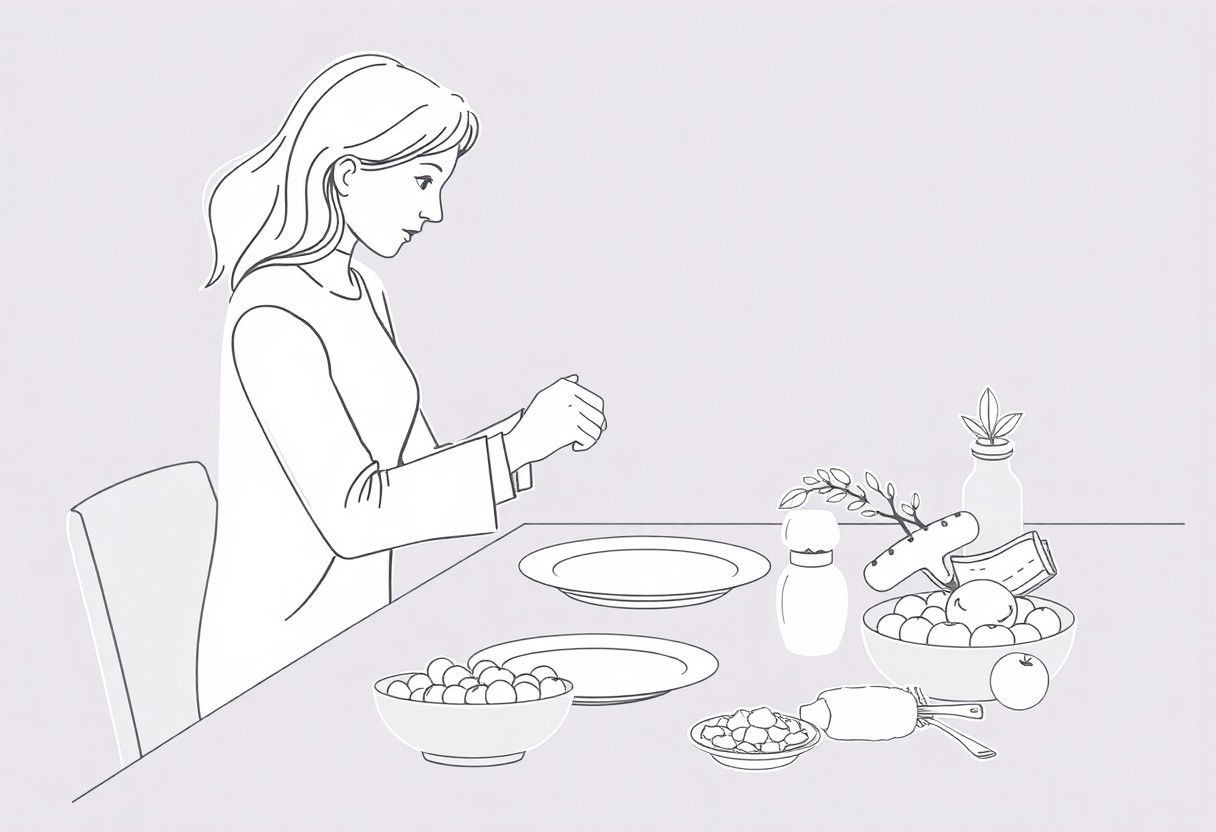
The Power of Validation and Compassion
Validation and compassion are important tools in your approach to supporting a loved one with an eating disorder. By acknowledging their feelings and experiences without judgment, you create a safe space where they can express themselves. This practice fosters trust, allowing them to feel seen and understood. A simple acknowledgement of their struggles, such as stating, “I can see how difficult this is for you,” can uplift them significantly, helping bridge the emotional gap often created by their disorder.
Listening vs. Fixing: The Art of Presence
Offering your presence rather than rushing to fix the situation can be transformative. Engaging in active listening means genuinely hearing what your loved one says, instead of immediately jumping to solutions or advice. This approach reassures them that they are not alone in their battle and encourages deeper discussions about their feelings and experiences. Often, people dealing with eating disorders primarily need someone to be there, validating their feelings rather than trying to solve their challenges prematurely.
Encouraging Healthy Self-Expression
Promoting healthy self-expression can be a powerful method to help your loved one process their emotions. Encouraging activities such as journaling, painting, or talking through their feelings can facilitate a greater understanding of their internal struggles, which may be contributing to their eating disorder. Allow them to explore creative outlets where they can express themselves freely—these channels can often reveal underlying issues and provide a sense of relief. Regular check-ins about their emotional state and reinforcing the importance of expressing feelings can lead to healthier coping mechanisms in the long run.
Encouraging healthy self-expression should involve exploring various forms of creativity that resonate with your loved one. For instance, engaging them in art therapy or guided writing experiences can provide an invaluable release for pent-up emotions. Research indicates that creative outlets decrease anxiety and promote emotional well-being. Consider suggesting activities that interest them, whether it’s singing, dancing, or even crafting. Establishing a routine around these self-expressive practices not only nurtures their emotional health but also reinforces their autonomy and identity beyond the constraints of their eating disorder.
When Professional Help is Necessary
Recognising when your loved one needs professional help is vital for their recovery. Eating disorders often lead to physical and mental health complications that surpass what you can manage alone. If their eating habits result in significant weight loss, appear to be denying the intake of food persistently, or exhibit panic or anxiety surrounding meals, these are stark indicators that intervention from healthcare professionals is necessary.
Recognising the Signs for Therapy or Support Groups
Spotting the signs that indicate a need for therapy or support groups involves a keen observation of behaviour rather than just physical changes. If your loved one becomes increasingly withdrawn, shows a preoccupation with body image, or engages in secretive eating behaviours, these could be warning signals. Furthermore, expressively distressing emotions regarding food or weight may highlight the necessity of professional intervention.
Collaborating with Healthcare Professionals
Engaging healthcare professionals creates a supportive network that can effectively address your loved one’s eating disorder. Expert guidance from a dietitian, therapist, or psychiatrist maximises the potential for recovery. By coordinating with a treatment team, you ensure that your supportive role is aligned with professional strategies, creating a holistic approach tailored to your loved one’s unique needs. This collaboration opens pathways for nutritional advice, psychological support, and medical assessments, leading to an environment that fosters healing and recovery.
By collaborating with healthcare professionals, you play a pivotal role in creating a unified care plan. Regular communication with these professionals allows you to understand the nuances of your loved one’s recovery journey and the complexities of eating disorders. You might participate in family therapy sessions or support groups designed for you as a caregiver, thereby learning effective strategies to support your loved one. Sharing updates and observations with their healthcare team can lead to necessary adjustments in treatment, ensuring that your loved one’s evolving needs are continuously met.
Maintaining Your Well-Being While Supporting Others
Taking care of yourself while supporting a loved one through their eating disorder is important for your own mental and emotional health. Devoting time to your personal well-being enables you to provide better support to them. Engaging in hobbies, exercising, ensuring you maintain a balanced diet, and getting enough sleep can help you recharge. Setting aside designated time for self-care not only nourishes your spirit but also models healthy behaviour, demonstrating to your loved one that caring for oneself is paramount.
Setting Boundaries Without Guilt
Establishing clear boundaries is vital in sustaining your well-being. You may feel guilty for prioritising your needs, but boundaries are not an act of selfishness; they serve to protect your emotional resources. For instance, if late-night conversations about your loved one’s struggles become overwhelming, politely suggest a more suitable time to talk. Communicating your limits with compassion reinforces that you care, while also acknowledging your own mental health needs.
Seeking Your Own Support Networks
Connecting with others who understand your experience can significantly benefit your emotional resilience. Joining support groups or seeking guidance through counselling not only offers a safe space to express your feelings but can also provide practical advice tailored to your situation. Whether it’s a friend’s circle, online forums, or local support services, sharing your journey helps alleviate the weight of isolation, reminding you that you’re not alone in this challenging experience.
Numerous organisations and online platforms offer tailored support for those caring for someone with an eating disorder. By participating in these networks, you can gain insights and strategies from people who’ve navigated similar paths. Online forums, such as Eating Disorder Hope, create a sense of community where you can exchange experiences and coping mechanisms. Local support groups often organise meetings, fostering a supportive environment where connection and shared learning thrive, empowering you in your role while mitigating feelings of helplessness often associated with caregiving.
Final Words
Following this, it’s crucial to recognise that supporting a loved one with an eating disorder requires patience, understanding, and compassion. You should educate yourself about their condition, encouraging open conversations without judgment. Your role is not to fix the problem but to be a steadfast ally, providing a listening ear and a safe space for feelings to be expressed. Encouraging professional help while maintaining your support can significantly impact their journey towards recovery. Your love and commitment can make a difference in their healing process.
FAQ
Q: How can I tell if my loved one has an eating disorder?
A: Signs of an eating disorder can vary but may include noticeable changes in eating habits, extreme weight loss or gain, obsession with food, dieting, or exercise, withdrawing from social situations, and expressing negative feelings about their body. If you notice these signs, it might be useful to approach the subject with sensitivity and concern.
Q: What is the best way to talk to my loved one about their eating disorder?
A: Approach the conversation with empathy and care. Choose a private, relaxed setting and express your concerns without being accusatory. Use “I” statements, such as “I have noticed you seem distressed about food lately,” to facilitate an open dialogue. Ensure that your loved one feels safe and supported, and be prepared to listen without judgment.
Q: How can I support my loved one without enabling their behaviour?
A: Supporting someone with an eating disorder involves encouraging healthy behaviours while avoiding actions that may reinforce their unhealthy patterns. Maintain clear and compassionate boundaries, promote positive discussions about body image and nutrition, and guide them gently towards professional help. It’s vital to prioritise their recovery while also looking after your own wellbeing.
Q: What resources are available for families and loved ones of individuals with eating disorders?
A: Many resources are available, including national helplines, local support groups, and online communities. Organisations such as Beat and the National Eating Disorders Association offer valuable information and support for families. Additionally, seeking guidance from a mental health professional who specialises in eating disorders can provide tailored advice for your specific situation.
Q: How can I encourage my loved one to seek professional help?
A: Encouraging your loved one to seek help can be a challenging task. Begin by expressing your concern for their health and well-being, and discuss the benefits of talking to a specialist. Offer to help them find a professional or accompany them to the first appointment. Emphasise that seeking help is a sign of strength and that recovery is possible with the right support.
Check your mental health symptoms on the NHS.
Mental Health Conditions | Coping Mechanisms and Recovery | Access to Support and Services

